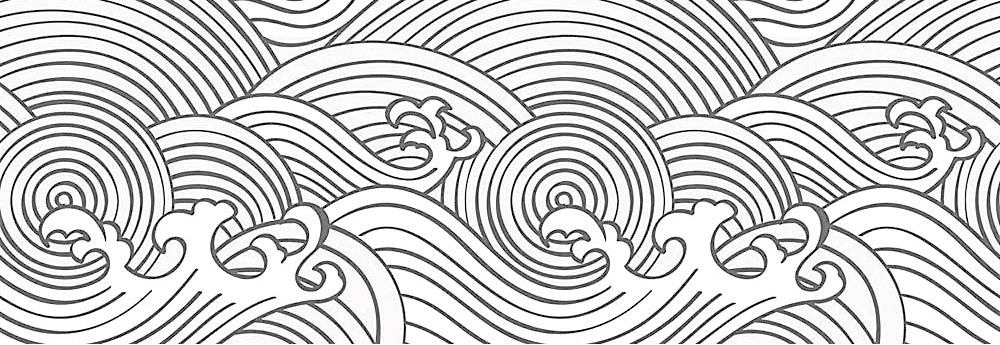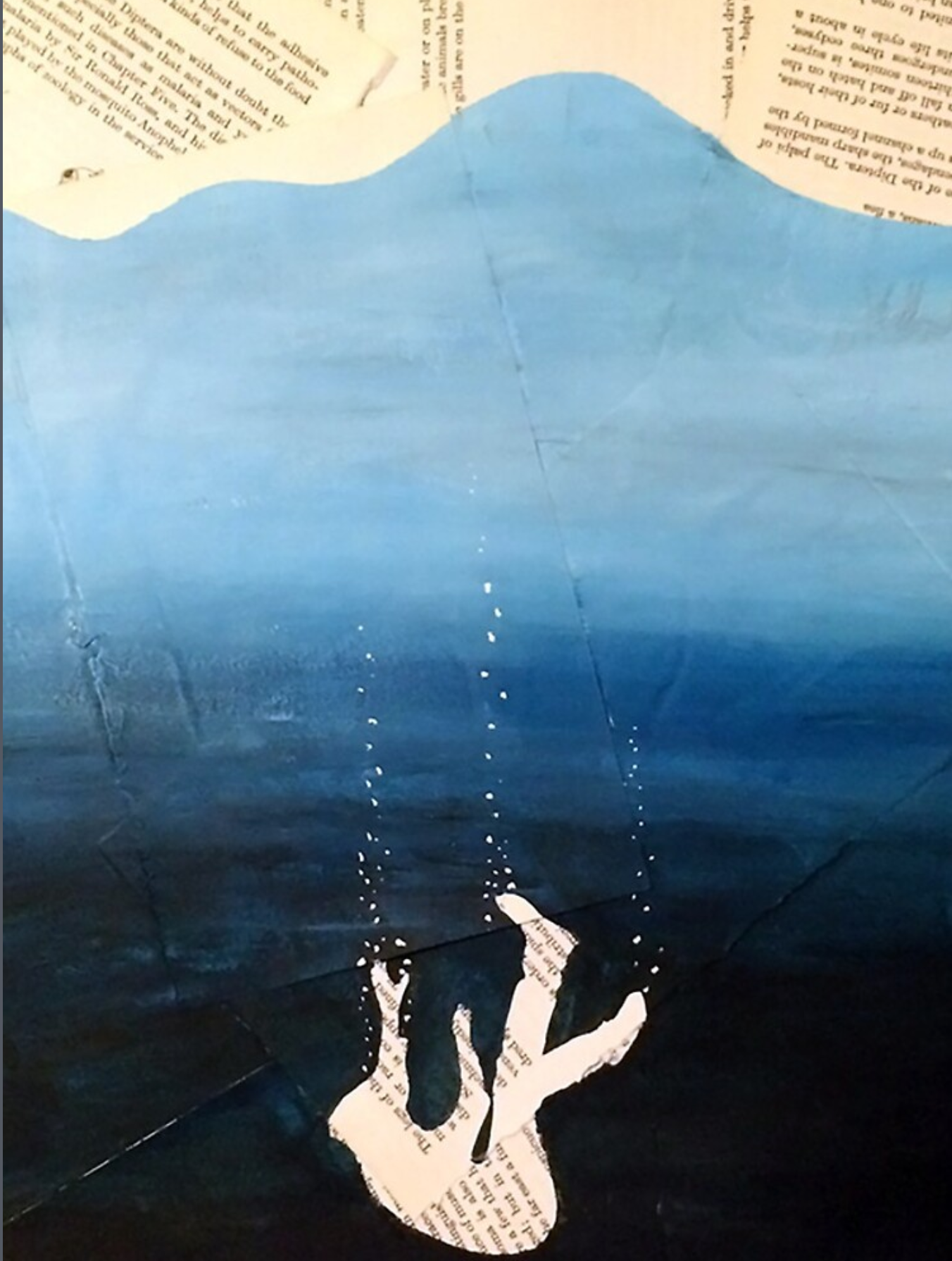All right, I’m not sure if anyone else was raised with super angsty, goth cousins, but I sure was, so please excuse the correlation I made between this emo rock group and Joyce’s wonderful short stories. While I was reading these short stories, I couldn’t shake this feeling of suffocation they were giving me. I couldn’t place what it was, really. When I got to “Eveline”, “Into the Ocean” by Blue October blasted into my brain and I realized that these short stories sounded like the people in them were drowning from their responsibilities, emotions, and lives in general. I feel like the song’s lyrics went really well with many of Joyce’s short stories, but at first glance, I didn’t really see a connection with the music video and the stories. Blue October’s dark and artsy music video is about a (dark and artsy) play that the band puts on, but it ends up raining so his guests leave, which bums him out. But what seems to bum him out the most is his wife’s absence. Some of these elements made me think of Gabriel in “The Dead”. He was always trying to be impressive, but never felt good enough and then realizes that he wasn’t even good enough for his wife; he was always secondary. It’s strange that the singer in music video is watching the play while also being the main character in the play, like he’s able to critique his own work. This is also something that Gabriel is constantly doing to himself. Gabriel puts a lot of importance on himself, but is also highly critical of everything he says or even thinks. That was about all the similarities that I could find with the music video, though; the rest of the correspondences come straight from them depressingly beautiful lyrics.
“All the seas of the world tumbled about her heart. He was drawing her into them: he would drown her.”
James Joyce, “Eveline” pg. 28 in Dubliners
This was the specific line from “Eveline” that brought the lyrics from “Into the Ocean” into my head. “Now floating up and down/ I spin, colliding into sound/ Like whales beneath me diving down/ I’m sinking to the bottom of my/ Everything that freaks me out” These lines from the song fit so well with “Eveline” because of the connection with the sea, but also because of how the line “I’m sinking to the bottom of my/ Everything that freaks me out” portrays what seems to happen to Eveline at the end of the story. The song talks about how he wants to get away, just doesn’t know how, but he feels like he’s drowning. I felt like Eveline felt this way too. She wants needs to “Escape! She must Escape! Frank would save her. He would give her life, perhaps love, too. But she wanted to live. Why should she be unhappy? She had a right to happiness.” (Pg. 26) This line is noteworthy because love is barely secondary to her, she just needs to be free. Once on the precipice of her potential new life, that’s when all of the unknown just became too much and she couldn’t go through with it. If she went into the ocean, it would end it all.

As we’ve seen, the feeling of being paralyzed is a common theme in these short stories. I don’t think I’ve ever read about being paralyzed by fear in such a relatable way. Usually it is some grand hero in a story that is has get over their fear to conquer something, but these short stories made that concept so accessible. It also made it more piercing. I can see why people would be upset with these stories. They’re such glaring mirrors at our own bleak existences or self-perpetuated shortcomings. I didn’t know there were so many creative ways to say “man, life sucks”, but leave it to Joyce to do it. The stories were subtle, really, but the feelings they conjure are deceivingly lasting. I love that Dubliners ended with “The Dead”. I felt like the breath I was holding throughout the book was finally able to be let out with the soft snow falling.


THIS SONG. I had forgotten about this song. What a bop. Your first line made me giggle because you are not alone, my friend. I’d never seen the music video and after reading your post and watching it, I can totally agree with the connections you made. The hysteria of the lyrics you chose to analyze with the ending of “Eveline” work very well, particularly when focusing on ocean imagery and drowning. Another line you mentioned, the one about Eveline reaffirming she has a right to happiness, also makes me think of the deeply rooted guilt she faces if leaving her family. More than that, this line also hints at an even deeper inferiority complex. It reads like an affirmation, as if Eveline has to continuously reassert her value. We repeat affirmations like this particularly when we don’t fully believe in what we’re saying, which could also point to another reason why Eveline stays behind…perhaps she finds herself entirely unworthy of a better life because she feels so inferior.